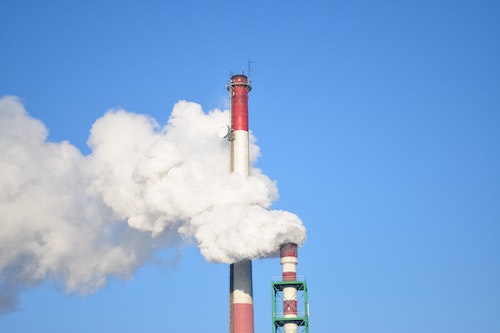Climate change is one of the biggest environmental issues of our time, with the potential to drastically alter the natural environment and the way in which humans live their lives. Climate change refers to the long-term changes in temperature and atmospheric composition caused by rising levels of carbon dioxide and other greenhouse gases in the atmosphere, as well as other human activities. If we don’t act to stop climate change, the consequences could be devastating.
Rising Temperatures and Extreme Weather
The most immediate consequence of climate change is a rise in global temperatures. This could lead to more extreme weather, such as heatwaves, droughts and flooding. As temperatures rise, sea levels will also rise, which could have a devastating effect on coastal communities and low-lying island nations.
Natural Habitats and Biodiversity in Danger
As global temperatures rise, they will affect ecosystems and the delicate balance of nature, with native species unable to adapt to the new conditions and habitats being destroyed. This could lead to a loss of biodiversity and even extinctions of certain species, as well as the destruction of habitats.
Economic and Social Impacts
Climate change could also have a significant impact on the global economy. Extreme weather, flooding and other events caused by climate change can disrupt businesses and cause economic losses. Changed weather and crop patterns also affect agricultural production, which could threaten food supplies and cause hunger. Climate change could also lead to an increase in human migration, with people fleeing areas affected by floods and extreme weather.
Health Impacts
The health of the human population could also be affected by climate change. Warmer temperatures can lead to an increase in air pollution, which in turn can cause respiratory problems and other health issues. Extreme weather can also cause physical injuries or even fatalities. Changes to water availability or water quality could also pose a health risk, as contaminated water can cause diseases such as diarrhea and cholera.
Conclusion
The impacts of climate change are already being felt, and further changes could lead to significant and potentially irreversible damage in the future. It is therefore essential that we take action to reduce our carbon emissions and work to mitigate the effects of climate change on the environment, wildlife and people across the world.

